Fan Zhendong and Chen Meng's withdrawal from the world rankings has caused a stir, which boils down to the fact that the WTT organization is too greedy, severely neglecting the interests of the athletes, making everyone reluctant to participate in competitions.
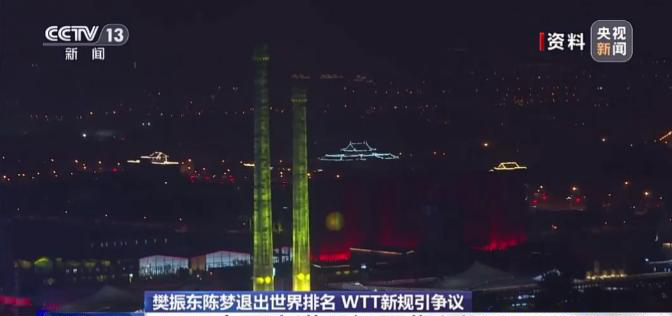
Fan Zhendong was really provoked this time. He directly named WTT for lying on social media because WTT claimed that the fine for withdrawing from the competition was a rule established four years ago. However, Fan Zhendong had never received such a notice before, only to be suddenly informed recently that this new regulation would be implemented in 2025.

The reason this matter has escalated so much is mainly because WTT's approach is indeed excessive. They collect high ticket prices and commercial revenue on one hand, while offering meager bonuses to athletes on the other. Taking the Chinese Grand Slam as an example, the ticket revenue alone amounts to 60 million yuan, yet the champion only receives $100,000.
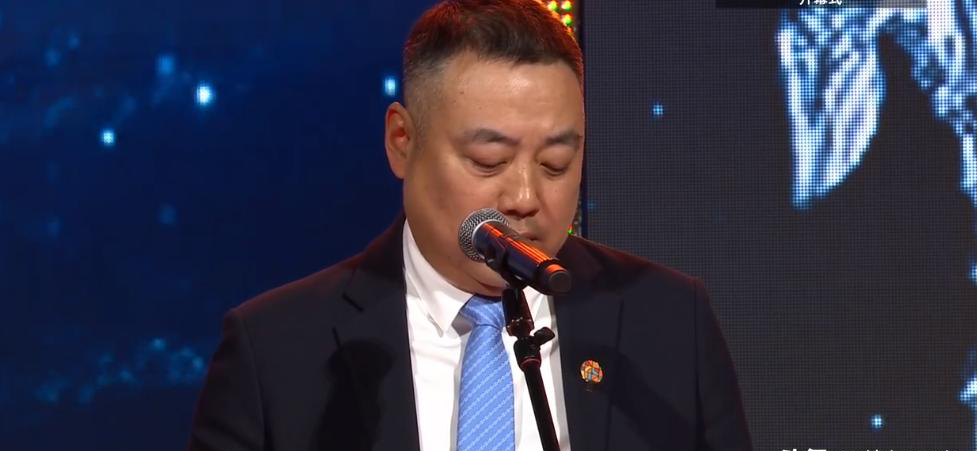
This time, CCTV also stands with the athletes. Both CCTV5 and CCTV13 have reported on this issue. The reporter made it clear that the excitement of the game still relies on the athletes. If the athletes are forced to the point where they can't play well, this commercial competition will eventually fail.

Now, not only are Chinese athletes dissatisfied, but foreign players are also fed up. International stars like the Lebrun brothers and Simon Gauzy have expressed support for Fan Zhendong on social media, and African champion Aruna previously complained about WTT.
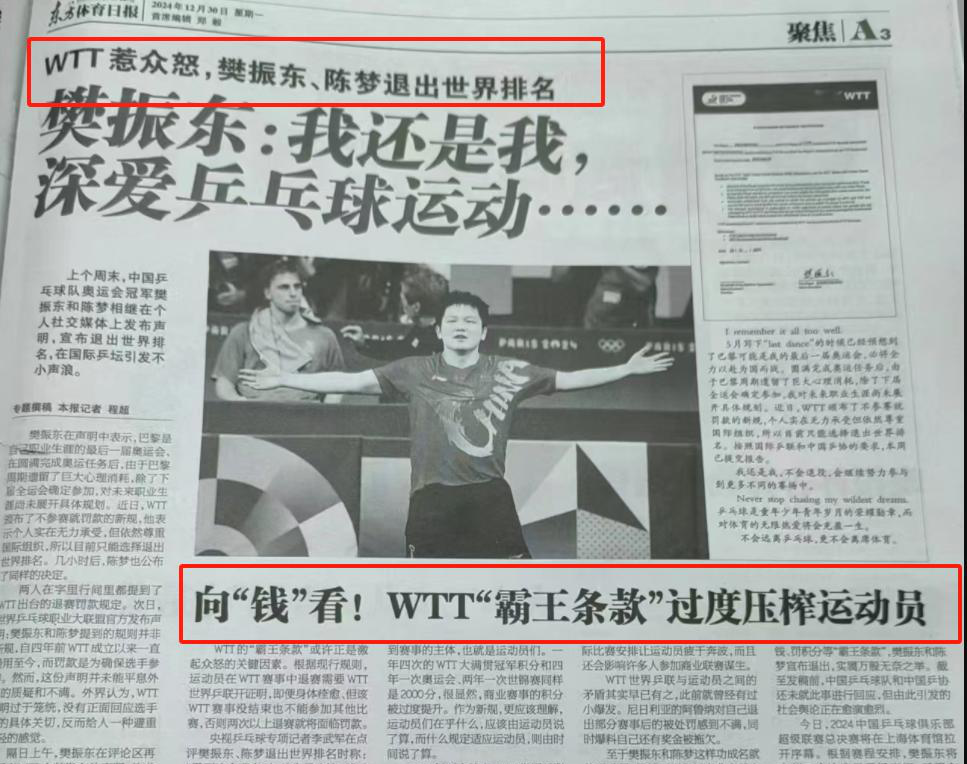
The most awkward situation may be for Liu Guoliang, who serves as both the chairman of the Chinese Table Tennis Association and the board of directors of WTT. Now he finds himself in a difficult position to speak on either side, only able to make an appearance at the opening ceremony of the Table Tennis Super League finals.
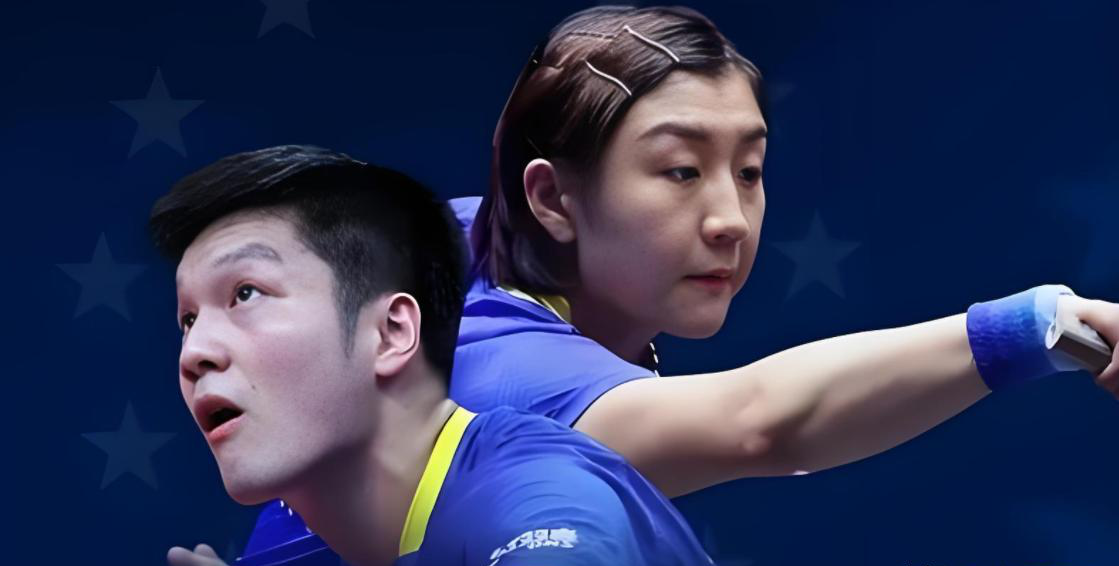
The Oriental Sports Daily speaks candidly, stating that WTT is using tyrannical clauses to exploit athletes, and this approach will eventually drive away excellent athletes, leading to a decline in match quality and a loss of audience interest.
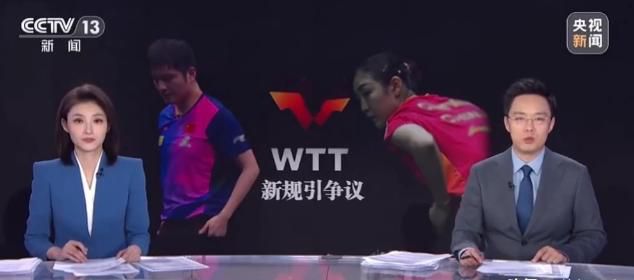
The decision by Fan Zhendong and Chen Meng actually has a significant impact, as their withdrawal from the world rankings means they cannot participate in important competitions like the Olympics and World Cup, which represents a huge sacrifice for their careers.
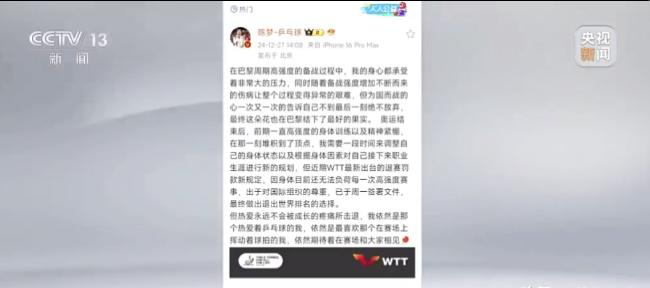
Seeing this situation, other athletes may also begin to consider their rights issues. After all, no one wants to be exploited by commercial organizations, and there might be more players standing up to protest in the future.
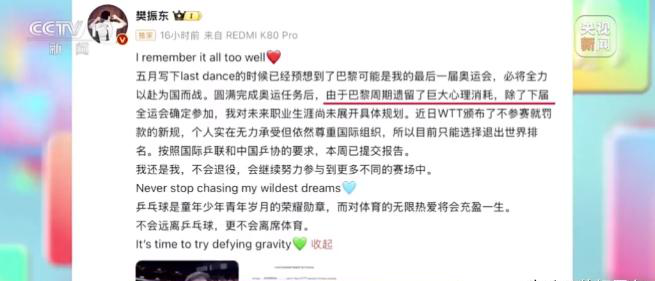
The current issue is that WTT must reconsider its business model; they cannot focus solely on making money without regard for the athletes' well-being. If the athletes stop playing, what will they earn?
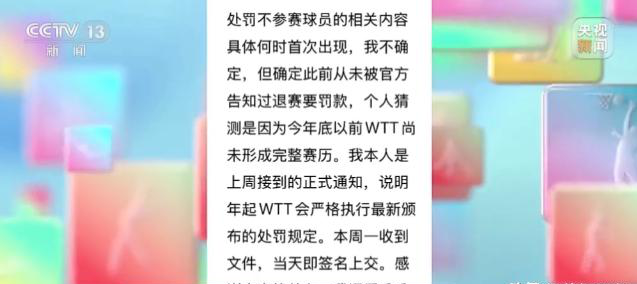
This incident reflects a larger problem: how should sports commercialization balance the interests of all parties? It cannot prioritize commercial interests at the expense of the athletes' feelings.
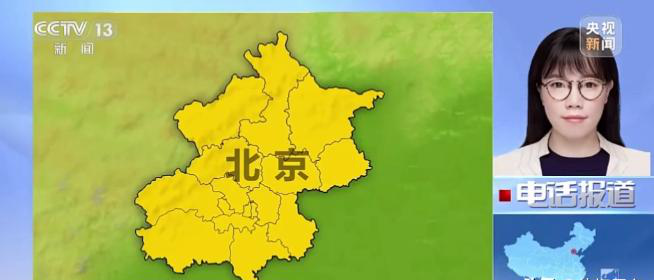
Sports like tennis do better in this regard, with more reasonable prize distributions and greater respect for the athletes' status. WTT could learn from them instead of constantly exploiting the athletes.
This turmoil might promote some positive changes, such as establishing an athletes' association to protect everyone's rights or creating a more transparent revenue distribution mechanism to allow athletes to share a larger portion of the profits.
If WTT continues on this path, it may affect the lineup for next year's Paris Olympics, as there are already two Olympic champions who have withdrawn. Who knows if more will follow.
This event also serves as a warning to other sports: commercialization can indeed bring more revenue, but if not handled properly, it can harm the athletes' enthusiasm and ultimately affect the development of the entire sport.
As a table tennis powerhouse, China's stance on this matter is crucial. If it can promote reforms in international table tennis, it will benefit the development of the sport as a whole.